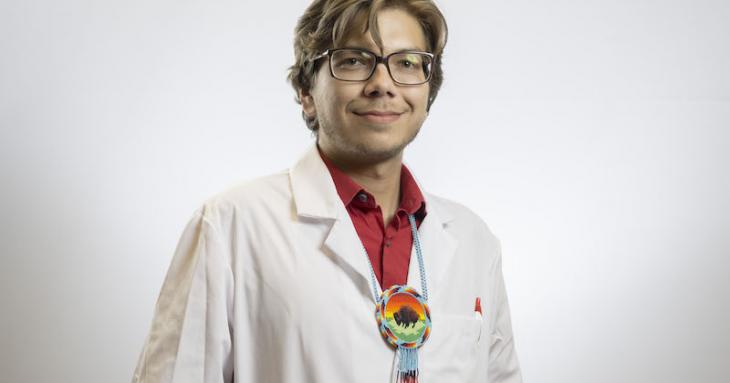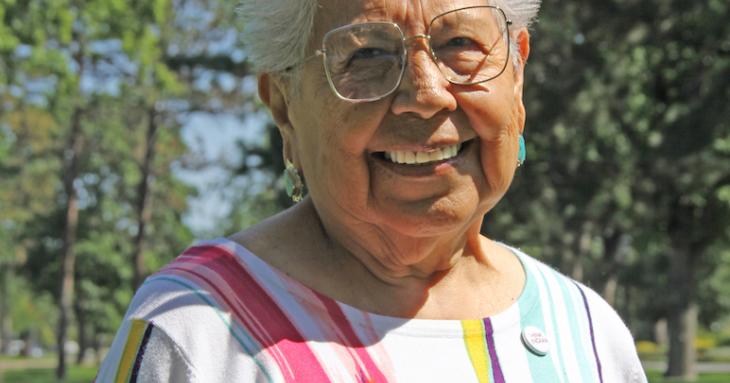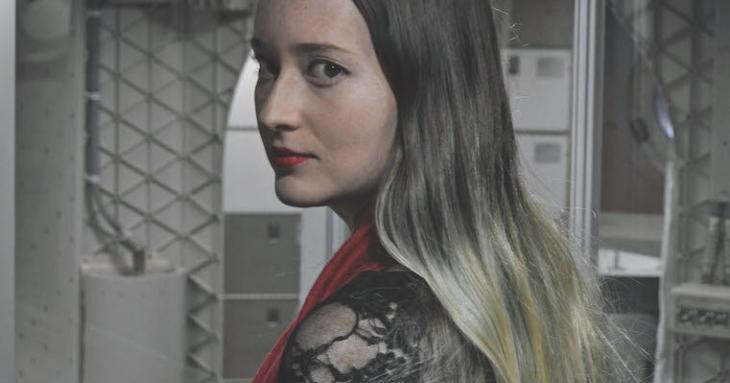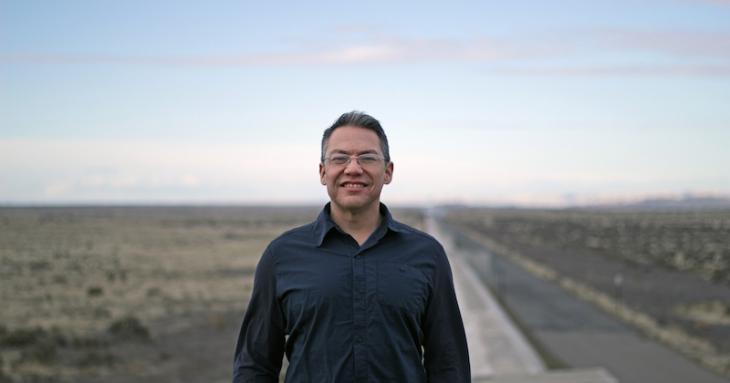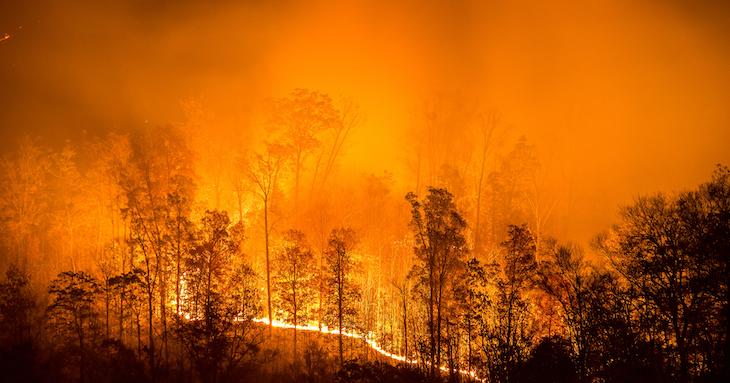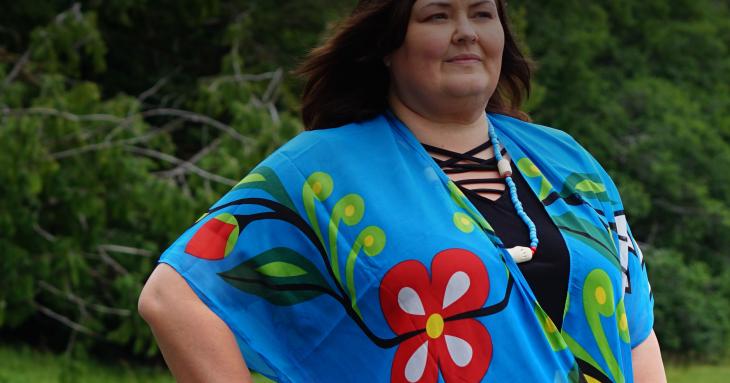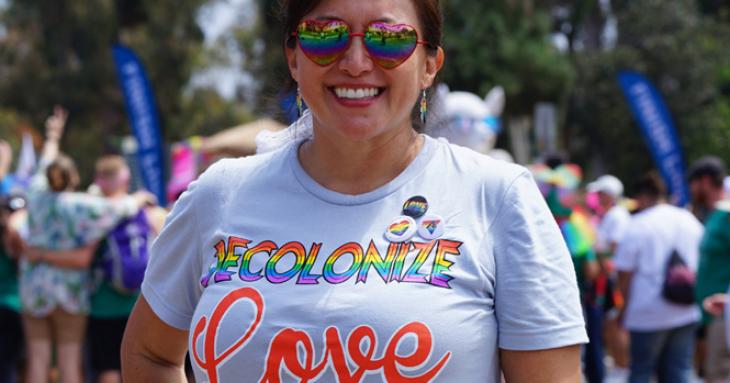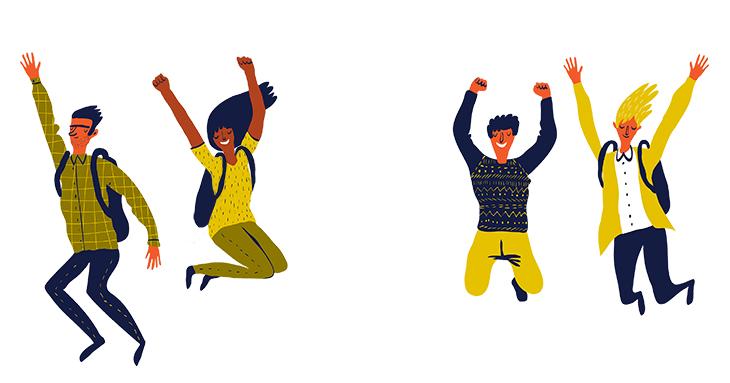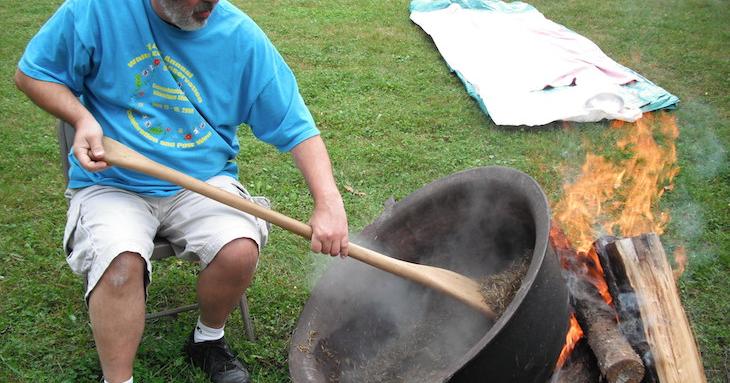-
Steven Just / Sisseton Wahpeton Sioux Tribe / University of Minnesota College of Pharmacy
When Steven Just takes stock of his high school experience, he admits that because of some personal struggles, he did not achieve the highest grades or have the best attendance. In fact, sometimes he clashed with the principal and teachers. But the advice he gives today — even to students who aren’t enjoying high school — is apply to college. “College is so different from high school,” he points out, “and you can choose to study subjects that you find interesting.”
-
Dr. Henrietta Mann / Cheyenne / Distinguished Educator / Founding member of the AISES Council of Elders
For Dr. Henrietta Mann, stressing the importance of education has been a lifelong mission. At a very young age, she developed a passion for learning that blossomed into an unrelenting quest to promote education — for Natives and non-Natives alike — and led to a career of teaching at the pre-college, community college, undergraduate, and graduate levels.
-
Kaitlin Russell / Echota Cherokee Tribe of Alabama / University of Alabama / Aerospace Engineering
As a little girl Kaitlin Russell had a big imagination. Her father fueled it by sharing his love of science-fiction movies, so for young Kaitlin, colonizing Mars wasn’t far-fetched and, she reasoned, there would have to be pets on Mars when people lived there and someone had to take care of them. “I knew I wanted to do something with space,” she recalls. “Space veterinarian?”
-
Corey Gray / Siksika Nation (Blackfoot) / Laser Interferometer Gravitational-Wave Observatory (LIGO) / Gravitational-Wave Astronomy
It was well after midnight when Corey Gray got home from work at the California Institute of Technology’s and Massachusetts Institute of Technology’s Laser Interferometer Gravitational-Wave Observatory (LIGO) in Hanford, Wash. After getting some sleep, he checked his emails and one jumped out. His first thought after reading it: “It must be a test! This can’t be real!”
-
Coping With Climate Change: Tribal Communities Are Getting Ready
Indigenous people have long planned for the seasons. Whether storing food for winter, burning strategically to clear debris and ensure continued habitat for both wildlife and humans, or migrating between winter and summer camps, Native people think — and plan — ahead.
-
25 Native STEM Enterprises to Watch: Native business owners and tribes are creating opportunities in Indian Country and beyond
The current national unemployment rate, hovering below 4 percent as of June, gets a lot of attention in the press — and from politicians touting a “great” economy. But the picture is not rosy for all Americans. According to the December 2018 U.S. Commission on Civil Rights report Broken Promises: Continuing Federal Funding Shortfall for Native Americans, approximately 12 percent of Native Americans are unemployed.
-
Dr. Wendy F. Smythe: 2019 Professional of the Year / Haida of the Eagle moiety and of the Sdast’ aas (Fish egg) house
Dr. Wendy F. Smythe, Haida, never thought her career would veer into the world of public policy.
-
Sheila Lopez: 2019 Blazing Flame Awardee / Navajo
Sheila Lopez still vividly recalls the first time she fully shared her life story in front of an audience. A member of the Navajo tribe, Lopez was the first in her family to attend college. While an undergraduate pursuing a degree in electrical engineering at Northern Arizona University, Lopez worked in the school’s multicultural engineering program office.
-
Paths in Education: Stay on Top of Your Game This School Year
You have classes, labs, homework, sports, socializing, volunteering — maybe even a job. With all that, there’s not much time for feeling listless and unmotivated, and definitely no time for getting sick. Because high school and college students have to assume more responsibility for their own schedules and personal choices, it’s important to know which of those options are most likely to pay off in a more wide awake, stronger, and healthier you. Here are some you can count on.
-
Finally, Getting It Right: Incorporating the Indigenous Worldview
Scientific research, based on a Western worldview, is thought of as objective and neutral. Researchers choose protocols they believe to be objective, and funders reward them with grants. However, in my more than 30 years of experience working in higher education, I have listened to researchers talk about choosing protocols that will likely yield the results they are seeking. Is that objectivity?


